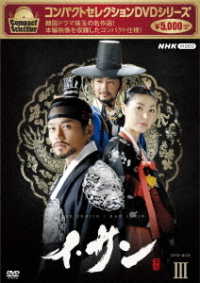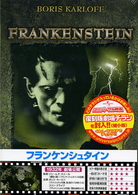- ホーム
- > 洋書
- > 英文書
- > Performing Arts
Full Description
What does it mean to perform whiteness in the postcolonial era? To answer this question—crucial for understanding the changing meanings of race in the twenty-first century—Megan Lewis examines the ways that members of South Africa's Afrikaner minority have performed themselves into, around, and out of power from the colonial period to the postcolony. The nation's first European settlers and in the twentieth century the architects of apartheid, since 1994 Afrikaners have been citizens of a multicultural, multilingual democracy. How have they enacted their whiteness in the past, and how do they do so now?
Performing Whitely examines the multiple speech acts, political acts, and theatrical acts of the Afrikaner volk or nation in theatrical and public life, including pageants, museum sites, film, and popular music as well as theatrical productions. Lewis explores the diverse ways in which Afrikaners perform whitely, and the tactics they use, including nostalgia, melodrama, queering, abjection, and kitsch. She first investigates the way that apartheid's architects leveraged whiteness in support of their nation-building efforts in the early twentieth century. She then turns to apartheid- and postapartheid- era performances, including those of Pieter-Dirk Uys, whose alter ego Evita Bezuidenhout became the nation's favourite brutally frank, queer Afrikaner aunty. Attracting huge crowds nostalgic for the past, Deon Opperman simultaneously depicts a heroic Boer history in his musical melodramas and reflects upon the desire for it. By contrast, Peter Van Heerden performs visceral abjections of the iconic white, male Afrikaner body, and the musicians Jack Parow and Die Antwoord turn Afrikaner history and identity politics into kitsch. A case study of the South African experience, Performing Whitely also offers parables for global whitenesses in the postcolonial era.








